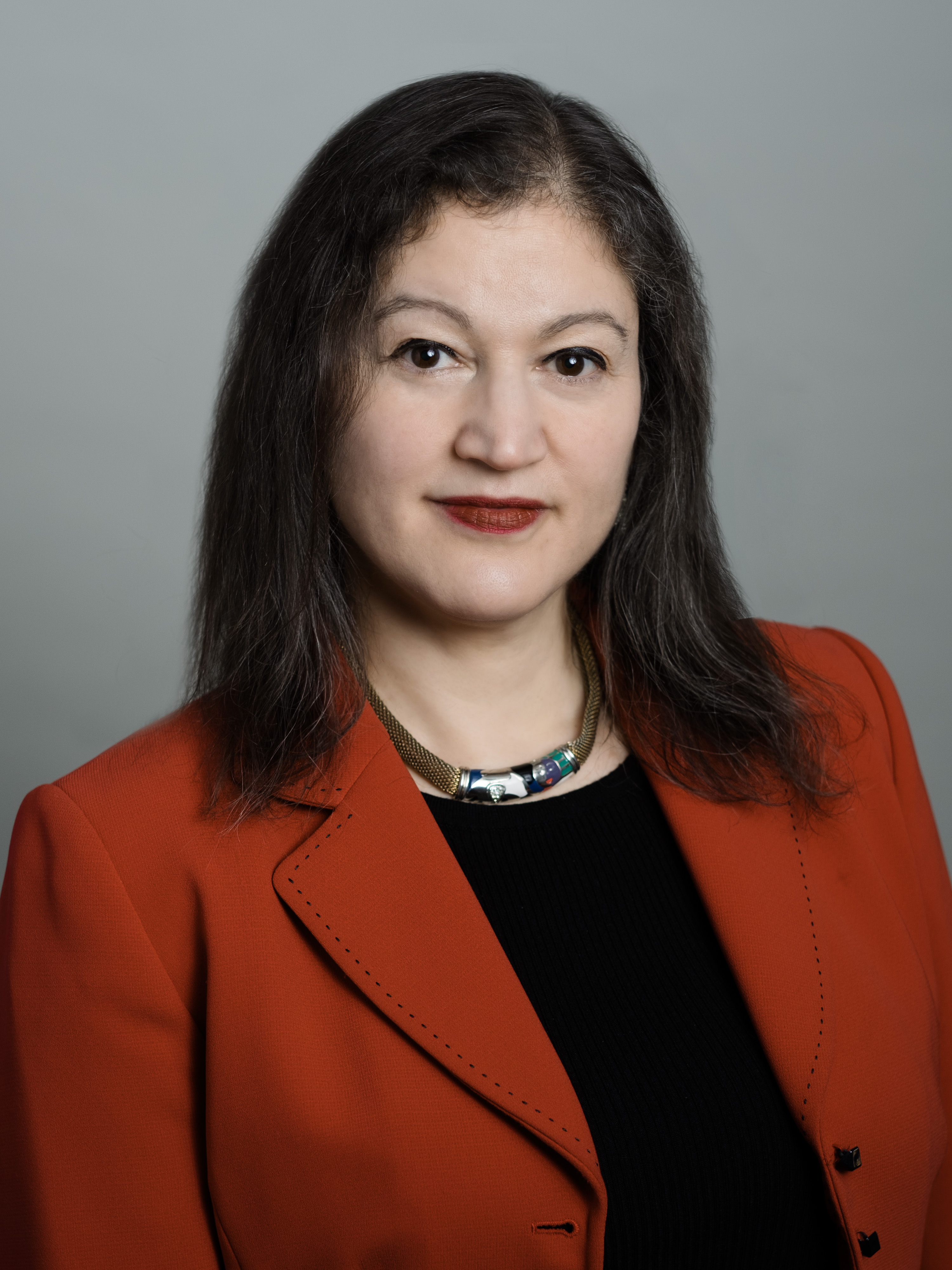Globalization has created a literal world of opportunity for brokers. SIORs with experience in the international arena encourage others to explore it but to be aware of common pitfalls. Below are specific recommendations.
ANTICIPATE PROCEDURAL DIFFERENCES
James Mulhall, SIOR, managing director of Murphy Mulhall in Dublin, works with many brokers from the U.S. and other countries whose clients want to lease or buy space in Ireland. The brokers who fare the best are those who are prepared for differences in engagement letters, fee structures, fee responsibilities, and legal documents. In Ireland, for example, the fee base is typically 10% of the first year’s gross rent rather than a percentage of the contracted rent over a period of years, as is customary in the U.S.
Furthermore, in the U.S. landlords typically pay the fees of tenant representatives. That is not the case in many European countries, including Ireland, where tenants are responsible for paying their own brokers. Or in India, where, according to Diana Whisenant, SIOR, executive managing director of Hanna Commercial in Cleveland, the tenant and landlord typically divide the fee, with each paying the equivalent of one month’s rent.
Street Jones, SIOR, principal of Rich Commercial Realty in Raleigh, N.C., also notes that many brokers outside the U.S. are compensated through a performance-based pay structure. And Whisenant observes that U.S. brokers typically earn fees that are higher than those in other countries.
Differences extend beyond fees. In the U.S., landlords usually pay for tenant improvements; that is rare elsewhere. Lease regulations vary significantly. For instance, Mike Maroon, SIOR, managing partner of The Acclaim Group in Cranford, N.J., points out that tenants in India who complete a certain base term—typically three years—can terminate the remainder of the lease for little or no cost.
Closing procedures, too, vary from country to country. Whisenant warns that environmental laws are not universal. Nor are laws governing who can use a tract of land. Consider the Mexican tradition of “ejido.” Gerardo Ramirez, SIOR, executive vice president of JLL in Mexico City, describes ejido as a special form of ownership in which a community has the right of the land’s usufruct. “There is a process to convert the ownership of the land from ejido to private property,” he says, noting that the process takes considerable time and resources.
FIND A CO-BROKER
To navigate such complexities, experts suggest partnering with a broker in the country where a client wants to buy or lease property. These brokers, many of whom speak multiple languages, can also recommend lawyers, contractors, and other critical support for a deal or project.
Jones seeks out co-brokers who understand real estate lingo used in the U.S. and the country’s transaction standards. Such brokers, he says, “help bridge the inevitable cultural gap.” Tobias Schultheiss, SIOR, managing partner of Blackbird Real Estate in Königstein, Germany, supports this objective. In instances where cultural barriers arise, he believes the job of brokers is to “translate different approaches between parties.” Baltazar Cantu, SIOR, industrial director at Colliers in Monterrey, Mexico, agrees. He states that it is the broker’s responsibility to explain how business is conducted in the market to avoid friction or misunderstandings.
Read the full article in the Fall 2022 issue of SIOR Report out now!
Related Articles:










